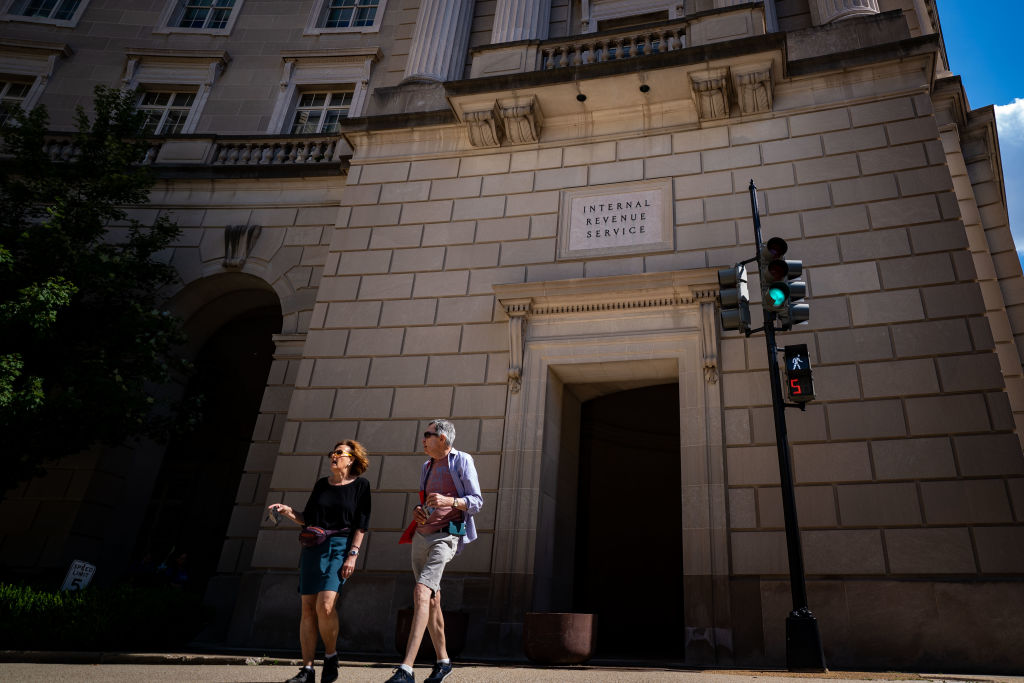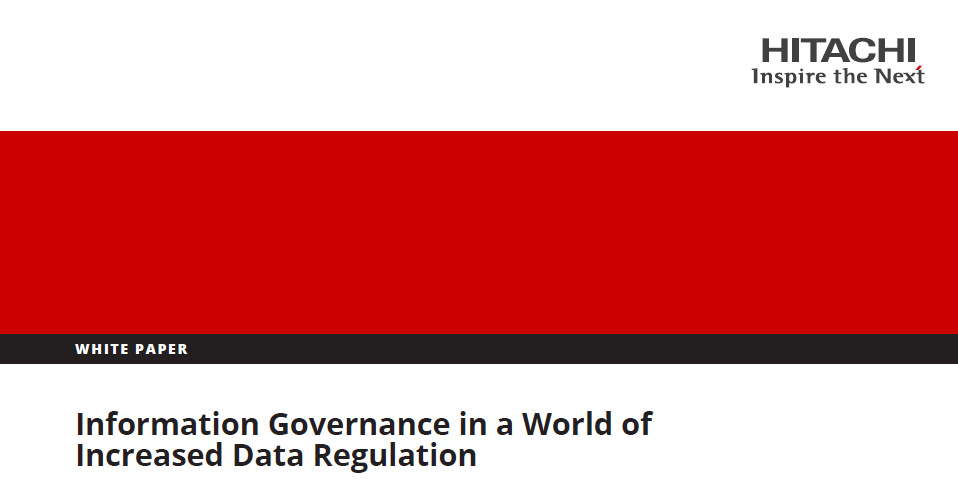Google gets caught up in Russian internet censorship battle
US search giant accused of helping Telegram chat service evade Russian ban


Gmail and Google Search have been partially blocked in Russia after the state's communication watchdog accused the US search engine of helping people continuing to use the banned chat service Telegram in the country.
Russia blocked certain Google IP addresses in Moscow, St. Petersburg, Kazan, Krasnoyarsk and other cities yesterday after they were added to Roskomnadozor's list of banned sites.
"Google hasn't complied with Roskomnadzor requests and, despite a court ruling, keeps allowing Telegram Messenger to use its IP addresses to operate in Russia," the watchdog said on its official page on the VK.com social network. "Therefore, Roskomnadzor included some Google IP addresses into a register of banned internet resources."
Gmail, Google Search and some Android app push notifications are affected, according to TechCrunch.
This is the latest development in Russia's war on Pavel Durov's encrypted Telegram messenger service, which Russian authorities had started blocking on 16 April after Durov failed to comply with legislation requiring the company to give the federal security services access to users' encrypted messages.
Despite the ban, Telegram users were able to continue accessing the service by using VPNs and hopping from various IP addresses on sites like Google to bypass the block.
The decision to block Telegram has also forced Kremlin officials to switch to Mail.ru's ICQ chat service.
Get the ITPro daily newsletter
Sign up today and you will receive a free copy of our Future Focus 2025 report - the leading guidance on AI, cybersecurity and other IT challenges as per 700+ senior executives
In a post on his own Telegram channel, Durov warned that Russia is heading into an era of "full-scaled internet censorship", and that this was its strongest crackdown on internet freedom so far.
"For seven days Russia has been trying to ban Telegram on its territory - with no luck so far. I'm thrilled we were able to survive under the most aggressive attempt of internet censorship in Russian history with almost 18 million IP addresses blocked.
"My thanks to all the members of the #DigitalResistance movement. Keep up your great work setting up socks5-proxies and VPNs and spreading them among your Russian friends and relatives. They will be needed as the country descends into an era of full-scale internet censorship."
A Google spokesperson told TechCrunch: "We are aware of reports that some users in Russia are unable to access some Google products, and are investigating those reports."
Picture: Shutterstock
Bobby Hellard is ITPro's Reviews Editor and has worked on CloudPro and ChannelPro since 2018. In his time at ITPro, Bobby has covered stories for all the major technology companies, such as Apple, Microsoft, Amazon and Facebook, and regularly attends industry-leading events such as AWS Re:Invent and Google Cloud Next.
Bobby mainly covers hardware reviews, but you will also recognize him as the face of many of our video reviews of laptops and smartphones.
-
 Should AI PCs be part of your next hardware refresh?
Should AI PCs be part of your next hardware refresh?AI PCs are fast becoming a business staple and a surefire way to future-proof your business
By Bobby Hellard
-
 Westcon-Comstor and Vectra AI launch brace of new channel initiatives
Westcon-Comstor and Vectra AI launch brace of new channel initiativesNews Westcon-Comstor and Vectra AI have announced the launch of two new channel growth initiatives focused on the managed security service provider (MSSP) space and AWS Marketplace.
By Daniel Todd
-
 IRS mistakenly publishes 112,000 taxpayer records for the second time
IRS mistakenly publishes 112,000 taxpayer records for the second timeNews A contractor is thought to be responsible for the error, with the agency reportedly reviewing its relationship with Accenture
By Zach Marzouk
-
 Amazon accused of lying to Congress about using third-party sellers' data
Amazon accused of lying to Congress about using third-party sellers' dataNews Firm allegedly used data related to independent sellers to help develop competing products.
By Sarah Brennan
-
 What is the Data Protection Act 1998?
What is the Data Protection Act 1998?In-depth Although data protection regulations have been updated, businesses may still find themselves sanctioned under the Data Protection Act 1998
By Dale Walker
-
 Information governance in a world of increased data regulation
Information governance in a world of increased data regulationWhitepapers Companies have to manage the dual challenges of data growth and increased regulation
By ITPro
-
 Government to hold talks with Facebook's Mark Zuckerberg over regulating tech giants
Government to hold talks with Facebook's Mark Zuckerberg over regulating tech giantsNews Culture secretary will use the 30-minute meeting to explore ways to remove harmful content from social media
By Keumars Afifi-Sabet
-
 No-deal Brexit will block critical data transfers from EU, warns ICO
No-deal Brexit will block critical data transfers from EU, warns ICONews With no time to reach a data adequacy agreement, the ICO has published guidance for businesses to avoid disruption
By Keumars Afifi-Sabet
-
 People are more aware of their data rights than ever before, says ICO
People are more aware of their data rights than ever before, says ICONews Watchdog issued a record £5 million in fines to organisations in 2017/18
By Keumars Afifi-Sabet
-
 Electoral regulator calls for changes to voting law to save democracy
Electoral regulator calls for changes to voting law to save democracyNews The Electoral Commission says urgent improvements needed to ensure transparency for voters in the digital age
By Bobby Hellard